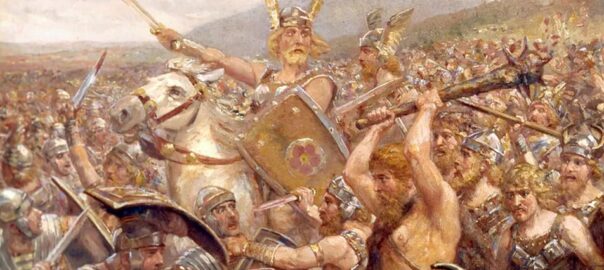The word “Leviathan” conjures images of colossal sea creatures, monstrous beasts lurking in the depths, and untamable primal forces. More than just a terrifying monster of the deep, however, the Leviathan is rich with symbolism, appearing in mythology, religion, literature, and even political theory. Understanding the Leviathan requires exploring its multifaceted origins and interpretations.
Origin and Mythology:
The Leviathan first surfaces in ancient Near Eastern mythology, particularly in Ugaritic texts, where it’s described as Lotan, a chaotic sea serpent defeated by the god Baal. This narrative of divine order overcoming primordial chaos resonates across various cultures. The Leviathan then finds its way into the Hebrew Bible, appearing in Psalms, Isaiah, and Job.
In the Bible, the Leviathan is depicted as a powerful and awe-inspiring creature. In Psalms 74:14, God crushes the Leviathan’s head, highlighting divine power over chaos. In Isaiah 27:1, the Lord vows to punish “Leviathan the fleeing serpent, Leviathan the twisting serpent.” However, Job 41 paints a more detailed, almost admiring portrait of the Leviathan, emphasizing its invulnerability, formidable teeth, and impenetrable scales. This passage suggests that the Leviathan, though potentially destructive, is also a testament to God’s creative power and the vast, incomprehensible nature of the universe.
Symbolic Meanings:
The Leviathan’s symbolic meaning has evolved over time:
- Chaos and Primordial Power: At its core, the Leviathan represents untamed nature, the turbulent forces of the sea, and the raw, untamed power that predates order. It embodies the chaos that must be subdued for civilization to flourish.
- Threat and Destruction: As a monstrous creature of immense size and strength, the Leviathan is a symbol of danger and potential destruction. It represents the overwhelming and uncontrollable forces that can threaten human existence.
- Divine Power and Majesty: Paradoxically, the Leviathan can also symbolize divine power. The Bible portrays God as both creator and master of the Leviathan, emphasizing his dominion over even the most formidable forces of nature. The creature’s immensity and power reflect the boundless nature of God’s creation.
- Pride and Hubris: Some interpretations view the Leviathan as a symbol of pride and hubris, suggesting that its immense power leads to arrogance and ultimately, its downfall at the hands of God.
Leviathan in Literature and Political Theory:
The Leviathan’s influence extends beyond mythology and religion. It has become a powerful metaphor in literature and political thought.
- Thomas Hobbes’s Leviathan: In his seminal work of political philosophy, Leviathan (1651), Thomas Hobbes uses the Leviathan as a metaphor for the state. He argues that the state, like the monstrous sea creature, must possess absolute power to maintain order and prevent society from collapsing into a “war of all against all.” For Hobbes, surrendering individual liberty to a sovereign power is necessary for security and stability.
- Herman Melville’s Moby Dick: While not explicitly named “Leviathan,” Moby Dick, the white whale, embodies many of the creature’s characteristics. The whale represents the untamable forces of nature, the destructive power of obsession, and the futility of humanity’s attempts to conquer the unknown.
The Leviathan Today:
The image of the Leviathan continues to resonate in contemporary culture. It appears in fantasy novels, video games, and films, often as a powerful and terrifying creature guarding hidden treasures or representing the ultimate challenge for heroes. The Leviathan’s enduring appeal lies in its multifaceted symbolism. It reminds us of the power and mystery of the natural world, the constant struggle between order and chaos, and the enduring human fascination with the unknown depths of the sea and the human psyche.
In conclusion, the Leviathan is more than just a monster of the deep. It is a complex and enduring symbol that embodies chaos, power, divinity, and the profound mysteries of existence. Its continued presence in our culture testifies to its enduring power and its ability to capture the imagination across centuries and disciplines.









